Annotation
- What are the features of aging skin?
- Proper care for mature skin
- Cleansing
- Exfoliation
- Tonicing
- Moisturizing
- Food
- Protection
- Eye skin care
- Neck and décolleté skin care
- Drink
- Sleep
- Play sports
It's no secret that with age, the skin begins to lose its main natural qualities: firmness and elasticity. This is a normal genetically programmed phenomenon, but noticing wrinkles and other signs of aging on your face is always unpleasant. In addition, more mature skin has its own care requirements ‒ let’s look at what it needs necessary.
What are the features of aging skin?
Skin aging for most people begins after 25 years - for some a little earlier, for others a little later. Around this age, regeneration processes begin to slow down, and important structural elements (for example, collagen, elastin, and hyaluronic acid) are produced in smaller quantities.
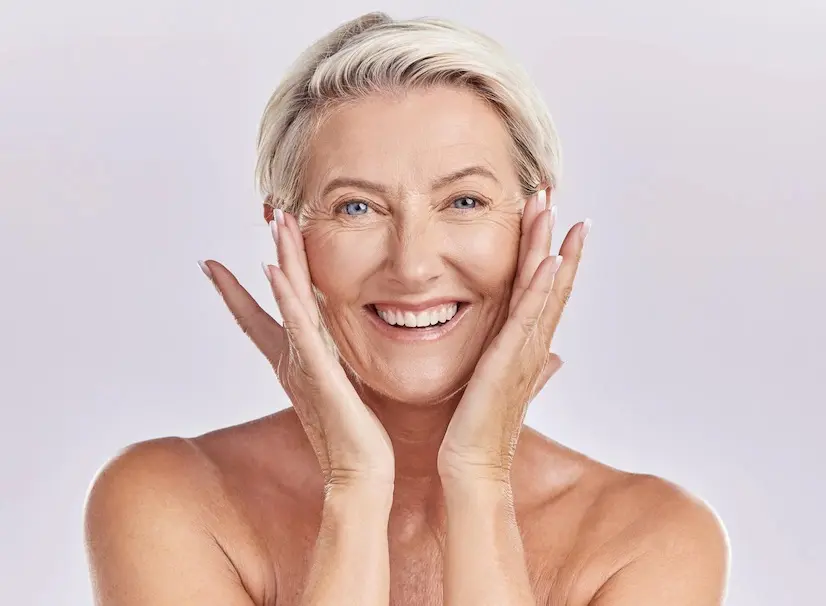
The result is a feeling of tightness and dryness, the appearance of the first wrinkles, loss of skin tone with subsequent “sagging”. Pigment spots also often appear - this is due to uneven skin renewal and the same uneven melanin production.
It is impossible to completely stop skin aging - not a single product works against time. Instead, those with mature skin can maintain their health and provide sufficient care that will provide the necessary nutrition and hydration.
Proper care for mature skin
Basic care is not canceled with age, but is only replaced by special products that are already adapted to the characteristics of mature skin.
Cleansing
Mature skin becomes less elastic - hence enlarged pores become a common problem. Fatness is another problem that can appear with age.
Accordingly, cleansing mature skin should be thorough - you need to remove makeup more effectively and remove excess sebum and dust. It is recommended to cleanse such skin in the morning and evening. In the morning, there will be enough foam for washing, which will not dry out the skin, or just thermal water. In the evening, you need to carefully remove your makeup with hydrophilic oil or micellar water, and then cleanse your skin with a soft composition - again, foam will help out here.
Exfoliation
Since skin regeneration slows down with age, especially closer to the upper layers of the epidermis, it would not be superfluous to use scrubs or peels from time to time - they stimulate local metabolism well and effectively remove dead cells of the stratum corneum.
This exfoliation is best done once or twice a week at home, or in a cosmetologist's office. When using peelings, do not forget about the need to apply sunscreen after the procedure if it is carried out in sunny weather.
Tonicing
Tonicing is an important stage of cleansing. It should not be ignored either for young or mature skin, because tonics restore the skin’s water balance, its acidity level, and also prepare it to applying subsequent products.
To avoid drying out the skin at this stage, it is best to use toners without alcohol in the composition.
Moisturizing
Moisturizing is perhaps the most important step in caring for aging skin. You need to apply moisturizer twice a day - in the morning and before bed to maintain the skin's moisture balance.
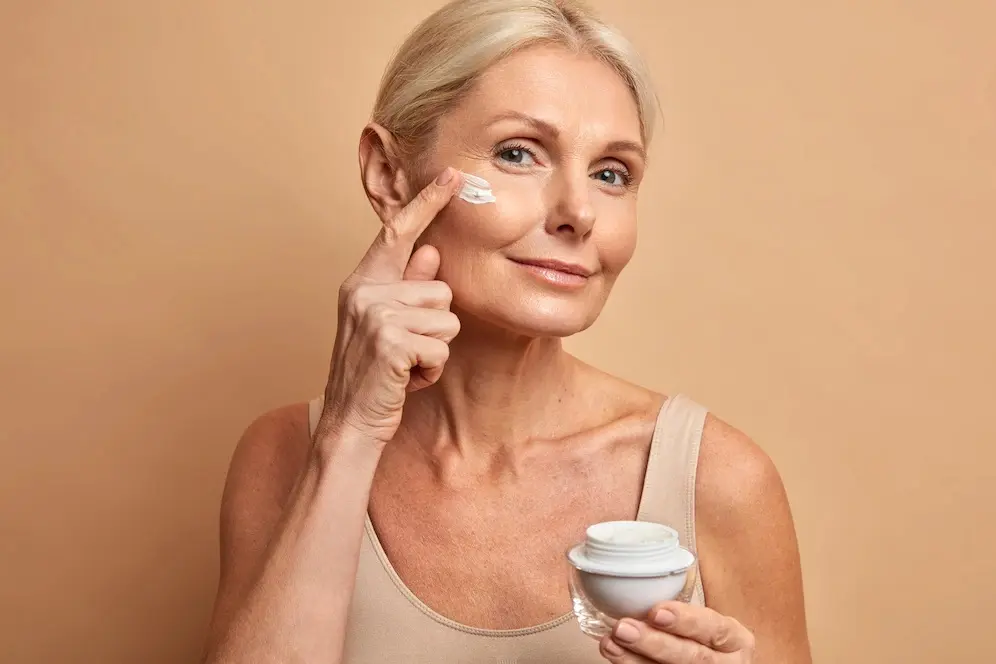
Creams with moisturizing or moisture-retaining ingredients are well suited for this:
- antioxidant vitamins;
- hyaluronic acid;
- urea;
- acids.
It is these components that do a good job of stimulating skin renewal and saturating it with the necessary moisture.
To “seal” moisture in the skin, creams with ceramides are useful - these substances are part of the natural lipid barrier of the skin and protect it well from drying out.
Food
As a rule, the skin receives its main nutrients from food, and at a younger age little attention is paid to nutrients. More mature skin, however, is more difficult to cope with obtaining the necessary substances from the body.
Nutrition of mature skin is an important point in caring for it. At this stage, you need to pay attention not only to the skin of the face, but also to the neck and décolleté. The difficult areas around the eyes and lips deserve special mention - due to active facial expressions, wrinkles appear there faster, and the thinness of the skin in this area only aggravates the situation.
Nutritional creams and masks will help at home - it’s good if they contain vitamin A, vitamin C, coenzyme-10, or ceramides. In addition, you can sign up with a cosmetologist for a course of biorevitalization using special nutritional formulas.
Protection
Mature skin becomes more vulnerable to external aggressive factors - sunlight, cold and dry air, wind. To avoid problems with the relief, a feeling of tightness, and age spots, it is recommended to apply sunscreen before going outside (even in winter), and in the cold season additionally apply a glycerin-based cream underneath it.
Eye skin care
The first wrinkles most often appear around the eyes - this is due to the fact that the skin in this area is very thin and prone to dryness. To prolong the youthfulness of the skin in this area, it is recommended to use special creams for the skin around the eyes that contain antioxidants or hyaluronic acid, supporting regeneration and hydration in this area.
Neck and décolleté skin care
Age-related changes are especially noticeable on the neck and décolleté - ring creases appear, the skin looks more flabby. To slow down or delay these processes, you can use special compounds for this zone.
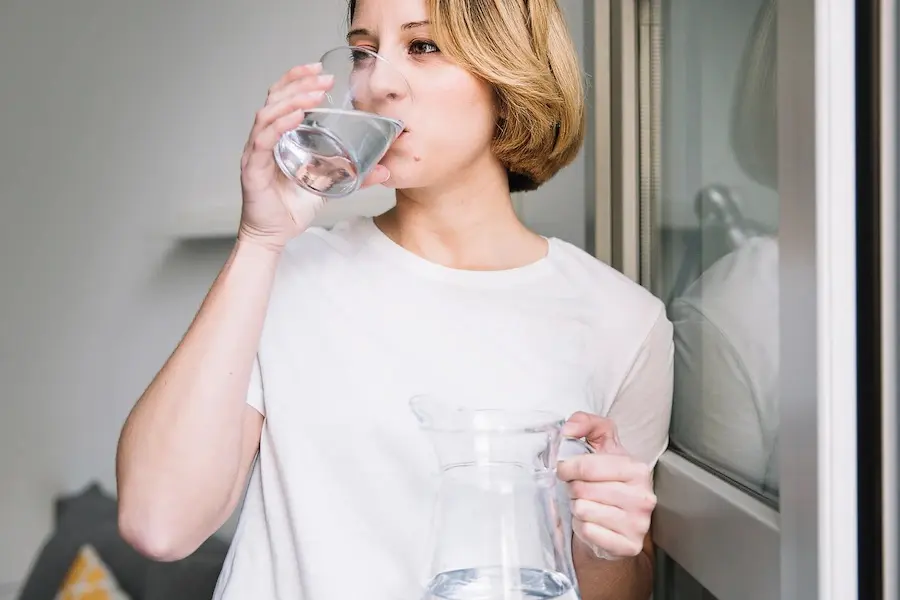
Drink
Moisturizing your skin with hyaluronic acid is always a good idea, but getting moisture from within is especially important. By drinking your daily amount of water, you maintain the water balance not only of the whole body, but also of the skin, giving it the necessary substrate for metabolism.
Sleep
In a dream, the skin has the opportunity to finally rest and relax along with the facial muscles. Sleeping at least 7 and a half hours is a basic rule for caring for mature skin, which prevents the appearance of swelling and gives the skin a healthy appearance.
Play sports
It's no secret that physical activity in itself is useful for prolonging youth. While the muscles are active, metabolic processes are stimulated - this largely affects the condition of the skin. During sports, skin microcirculation and elasticity improve, and beneficial hormones are produced.


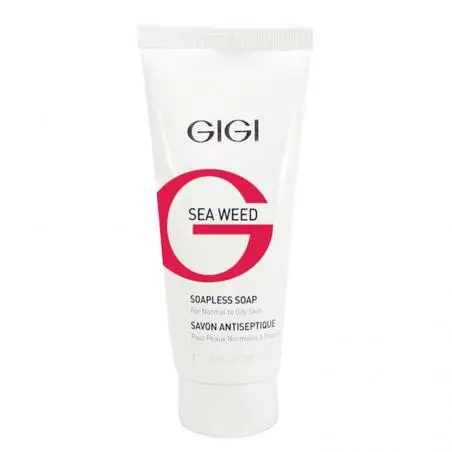
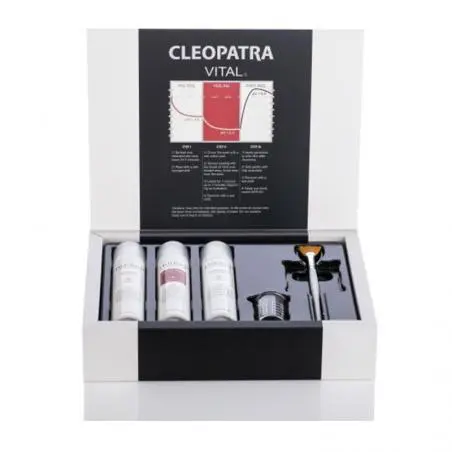
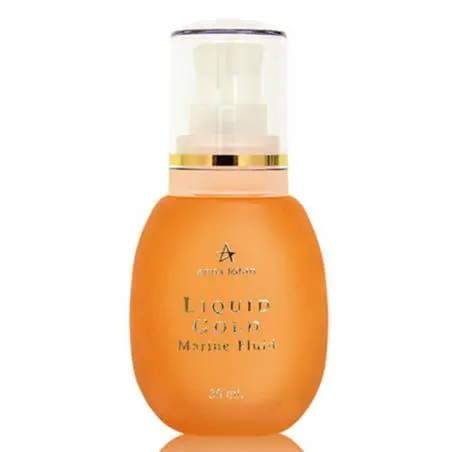
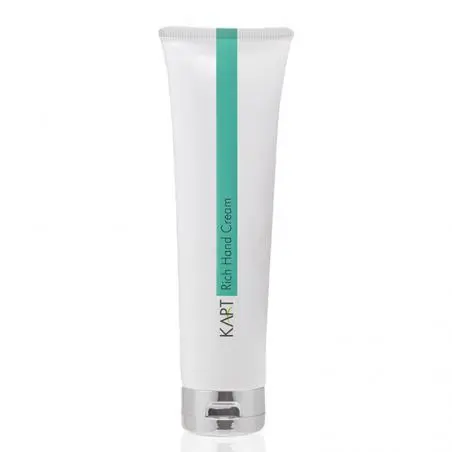
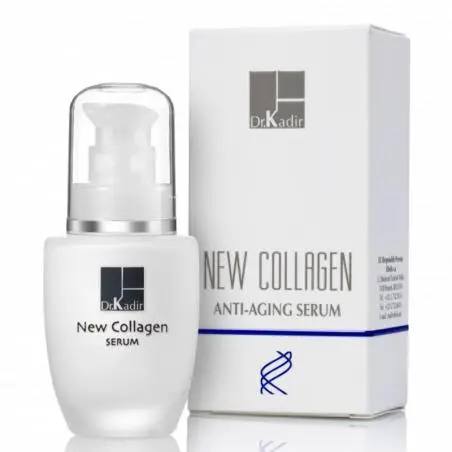
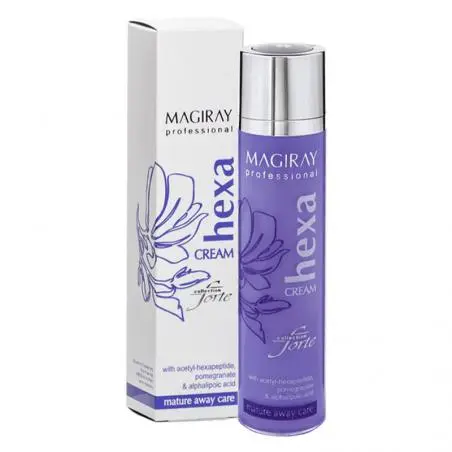
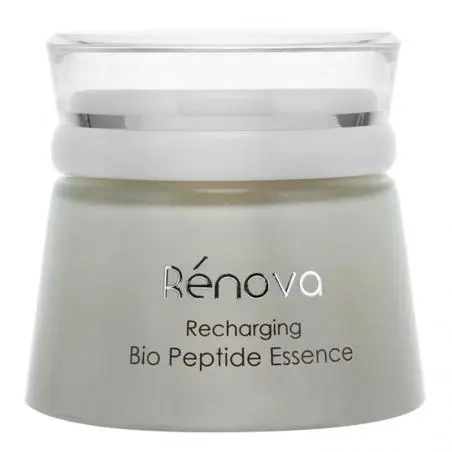
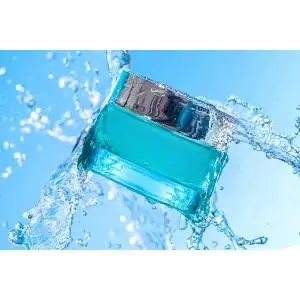
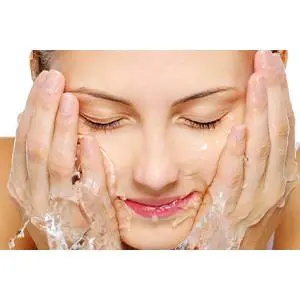
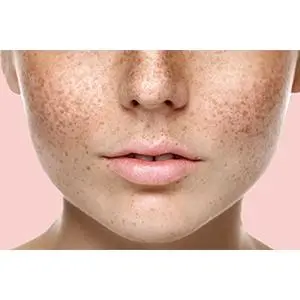
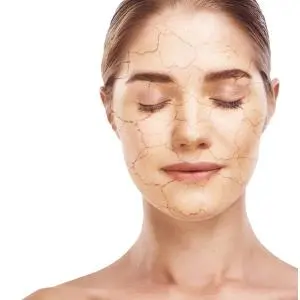
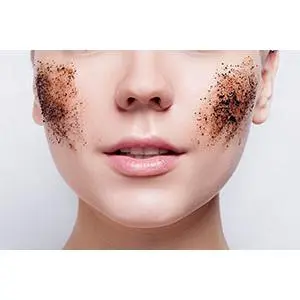

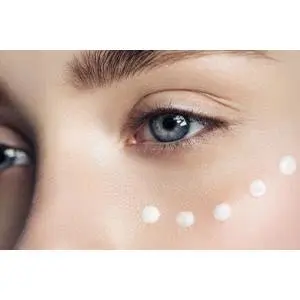
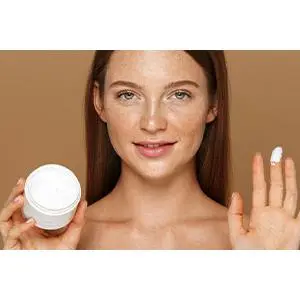

Comments
Leave your comment